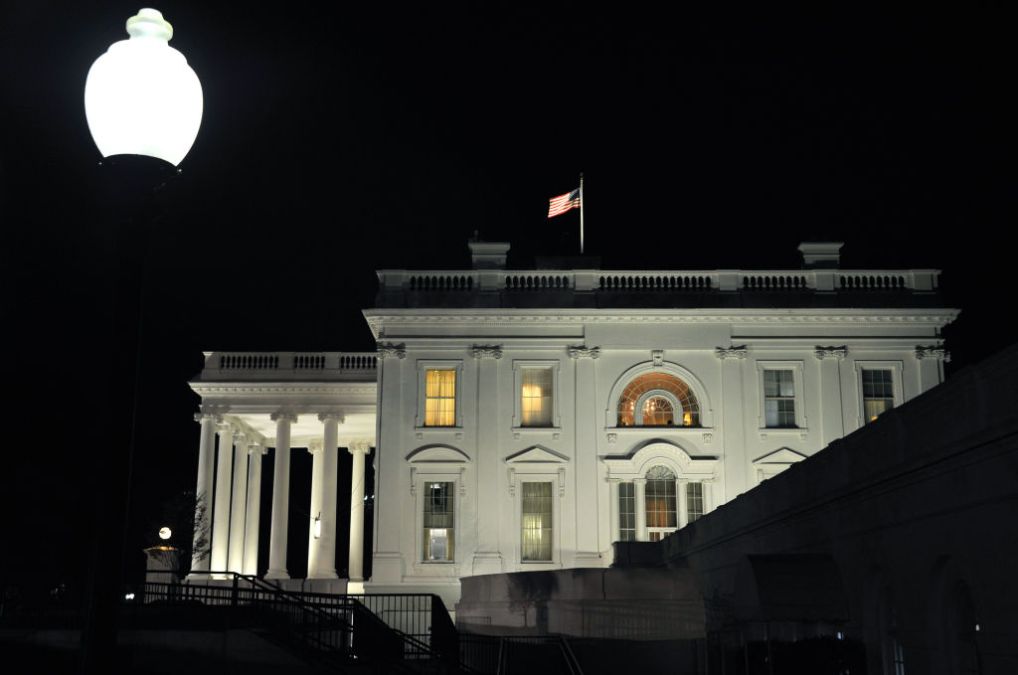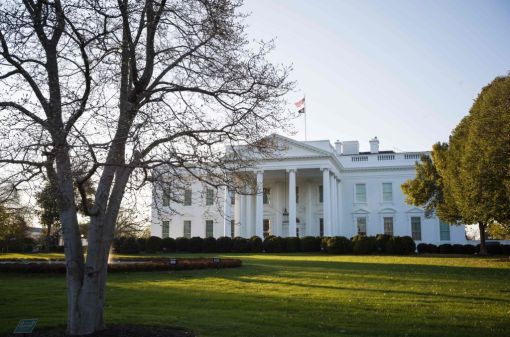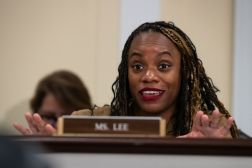With its expiration date looming, the CDO Council waits on missing White House guidance

Five years into its existence, the federal organization charged with helping agencies establish best practices for the use, protection and dissemination of data is a year away from sunsetting and still waiting on the release of White House guidance critical to its advisory mission.
The Chief Data Officers Council was created in compliance with the Foundations for Evidence-Based Policymaking Act of 2018 to promote data-sharing across the federal landscape and assist agencies with the implementation of transparent data practices called for in the OPEN Government Data Act. That law requires the Office of Management and Budget to release “Phase II guidance” for agencies to implement its open data and comprehensive data inventories requirements. The CDO Council — which is housed administratively within the General Services Administration — has been there to assist, but has done so without that OMB guidance.
An OMB spokesperson said in an email that the office “continues to prioritize the development and release of Phase II guidance. We cannot provide a specific release date at this time, but we are working diligently to finalize it.”
There is a draft version of the guidance, according to Michelle Sager, managing director of the Government Accountability Office’s strategic issues team, but the GAO has not seen it. The government watchdog has previously recommended that OMB issue the Phase II document and the “action is still in progress.”
“Fortunately, the CDO Council does exist right now,” Sager said. “So that provides a forum for agencies to consider those lessons learned and talk about approaches that work or that they’ve tried and maybe have needed to recalibrate.”
The GAO isn’t the only federal entity waiting on the guidance — a September 2023 letter from Sen. Chuck Grassley, R-Iowa, asked OMB to answer when it planned to fulfill the mandated requirement to issue Phase II guidance for agencies, if it has processed comments regarding the draft guidance, if data privacy will be taken into account and if the office plans to include agency information resource management requirements and expertise in ensuring the law is properly implemented.
“It is OMB’s job to issue clear guidance for agencies to implement this law to improve transparency and accountability,” a spokesperson from Grassley’s office said in an email. “OMB’s demonstrated dysfunction and lack of urgency show exactly why the OPEN Government Data Act is so needed.”
The letter from Grassley asked OMB to respond to the questions by Sept. 28, 2023, but the senator never received a response.
“At the heart of this law is our government’s most fundamental purpose: to be a service to the people,” Grassley said in an email to FedScoop. “Public data is helpful to Americans for a number of reasons, such as solving problems and fostering innovation. Greater transparency will help bring more accountability, as well as efficiency, to government operations.”
Other lawmakers are focused on extending the CDO Council’s lifetime. The Governmentwide Executive Councils Reform Act, introduced by Rep. Willam Timmons, R-S.C., would push the CDO Council’s expiration date to 2031, providing chief data officers with additional time to continue facilitating the exchange of information for transparent data and data-sharing across agencies.
An aide from the House Oversight and Accountability Committee said in an interview that the committee is not able to properly evaluate whether the Foundations for Evidence-Based Policymaking Act is working and does not currently have any active reform efforts for the issue “because it’s not fully implemented.”
The CDO Council is “doing a great job, from our perspective, but they’re fighting with one hand tied behind their back because they don’t have administrative, governmentwide guidance on what they’re supposed to be doing,” the committee aide said.
Nick Hart, the founder of Data Foundation, a Washington, D.C.-based think tank focused on open data and evidence-driven public policy, said in an interview that OMB developed a draft in coordination with CDOs across government and that it was circulated for interagency comments, but never finalized.
“The fact that agencies have done really incredible efforts in implementing the spirit of the law, but without the coordinating guidance … that has huge implications for how our government is consistently implementing data laws and data policy,” Hart said.
An annual survey conducted by the Data Foundation found that “there are agencies that are struggling in the absence of the guidance,” Hart said, adding that the guidance “would make a difference in [CDOs’] ability to coordinate with each other and across the agencies.”
Some agencies said that their current data strategy is not challenged by the lack of guidance. Basia Sall, the Nuclear Regulatory Commission’s CDO and director of its Data, Information Management and Enterprise Governance division, said in an interview that “with or without” external guidance, the agency has a strong focus to ensure that it is moving forward and maturing the data process.
“As part of the CDO Council, I know I hear from my colleagues about what’s working,” Sall said. “I’ll reach out directly to them and get some more information and find if that would be something we could incorporate here at NRC; I have done that on several occasions.”
Sall said other agencies, such as the State Department and the U.S. Agency for International Development, have been “very helpful” in assisting the NRC in its data maturity, crediting both with having more resources for their data.
“They’ve been able to help us take some new looks, fresh looks at the ways that we could improve our processes,” Sall said. “I think that outside of the guidance, there’s such a strong focus on data and so many different areas. I’m not feeling that [the absence of OMB guidance is] putting us at a deficit at this time.”
A spokesperson for USAID said the agency has an established Data Administration and Technical Advisory Board, which functions as its governance entity. In regard to the OPEN Government Data Act, the spokesperson said USAID is “committed to making its data open by default,” and continues to publish a comprehensive inventory for data that is “regularly harvested” by Data.gov, which houses the government’s open, machine-readable datasets.
The agency’s actions in regard to data strategy and governance are informed by the law, a circular released by OMB under the Obama administration and the updates made to the federal data strategy, the spokesperson added. That strategy outlines federal use of data to serve the public and deliver on missions.
Both the GSA and the National Science Foundation directed FedScoop to OMB for information regarding the lack of guidance.
Remmington Belford, a spokesperson for the Environmental Protection Agency, confirmed that the agency has never received guidance from OMB that is consistent with the requirement laid out in the OPEN Government Data Act.
Efforts to reach the current (Kirsten Dalboe) and former (Ted Kaouk) chairs of the CDO Council were unsuccessful. Sen. Mark Warner, D-Va., whose DATA Act was signed into law 10 years ago, did not respond to a request for comment by the time of publication.






